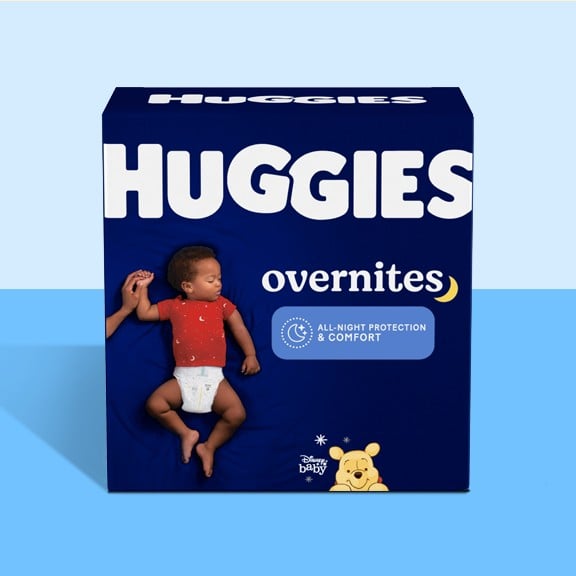When will I know what type of twins I’m having?
Twin pregnancy development
Non-identical twins have their own, separate placentas because they were conceived from two separate eggs. This is different from identical twins who share one placenta.
Although most women who are pregnant with twins will have similar experiences, it’s important to remember that every woman and her twin pregnancy will be unique. Genetics, environment, size, and previous obstetric history all play a part.
How is a twin pregnancy different?
Although the average length of gestation is 38 to 42 weeks, it is very uncommon for twin pregnancies to last until 40 weeks or beyond. The sheer lack of space for two babies to grow past that is often the catalyst for early labor. This is one of the reasons why twins are often premature. There is also an increased risk of maternal complications with a twin or a multiples pregnancy. The risks of these occurring increases with each week of gestation.
Twin pregnancy symptoms
With singleton pregnancies, the uterus tends to grow at a steady and measured pace. But with twins, for every week that passes, a mother’s tummy increases exponentially. Her increasing weight will reflect this as well, and those creeping numbers are not due solely to the weight of the twins. Her breasts, increased blood volume, the weight of the placenta and amniotic fluid and general increase in body fat stores all need to be accommodated week by week.
First trimester twin pregnancy (weeks 5 to 13)
It is not uncommon for women in their first trimester of twin pregnancy to look pregnant. The enlarging uterus lifts and rises out of the pelvis much earlier with two babies than one.
Generally, it’s not until around weeks 5 to 6 that a woman may suspect she is pregnant. But with twins, the symptoms can be so obvious that she takes an earlier pregnancy test. An early positive test is common when pregnant with twins.
Symptoms of twins in the first trimester
- Rapidly expanding uterus and “being large.”
- Weight gain.
- Intense nausea and vomiting, very tender breasts, urinary frequency and extreme tiredness.
- Extreme hunger, appetite fluctuations and sensitivity to particular foods and smells.
Second trimester twin pregnancy (weeks 14 to 27)
These are the weeks when many women who are pregnant with twins find they have a renewed sense of energy and optimism, and perhaps for the first time, enjoyment in their pregnancy. Many become excited about the prospect of having twins. When you are 20 weeks pregnant with twins, you’ve reached the half way mark.
Third trimester twin pregnancy (weeks 28 to 40)
Fetal movements can be very strong and seen through the wall of the mother’s abdomen, especially as you near closer to term. For small or petite women this is more obvious than women who are taller and have a larger frame.
Swelling, fatigue, exhaustion and a lack of general energy are all common symptoms for mothers in their final weeks of pregnancy as they prepare for labor and childbirth.
Complications of twin pregnancy
- Higher risk of miscarriage, especially in the first trimester.
- Higher risk of pregnancy complications such as preeclampsia, gestational diabetes and pregnancy-induced hypertension.
- Greater risk of labor and childbirth complications.
- Greater risk of Cesarean section.
- Premature birth and complications with the baby.
Frequently asked questions about twin pregnancy
Generally, there is an increased likelihood of labor and birth intervention with twins. Cesarean section is more common, especially if they are the first babies.
I’ve just had my twin pregnancy confirmed and I can’t get my head around it.
During the second trimester many women say they become more emotionally attached to their twins. The early, fearful weeks have passed and with them, the higher risks of miscarrying.
The information of this article has been reviewed by nursing experts of the Association of Women’s Health, Obstetric, & Neonatal Nurses (AWHONN). The content should not substitute medical advice from your personal healthcare provider. Please consult your healthcare provider for recommendations/diagnosis or treatment. For more advice from AWHONN nurses, visit Healthy Mom&Baby at health4mom.org.









